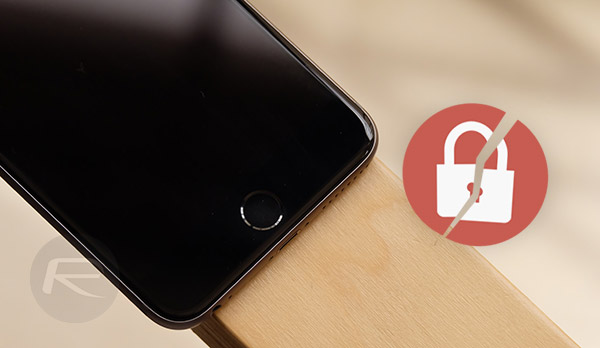The United States Department of Justice has officially withdrawn its pursuit of Apple for iPhone unlocking assistance through the legal system in New York. The DoJ had once again been pursuing Apple through the courts as part of an attempt to gain access to an iPhone 5s belonging to a New York drug dealer Jun Feng. Now it seems like the access has finally been gained to that phone and as a consequence the DoJ has withdrawn its motion to force Apple to provide access to the device.
Just like the San Bernardino case, the authorities involved in this New York case were looking to find information on the iPhone 5s that could assist with the ongoing case. However, unlike in the San Bernardino’s instance, where the iPhone 5c was hacked by a third-party after which FBI dropped its case against Apple altogether, the breakthrough in NY’s case iPhone 5s seems to have been made after an unnamed individual came forward with the correct passcode for the device without anyone having to hack it. Earlier Feng had claimed to have forgotten the passcode of the phone.

With the correct passcode as part of their arsenal, investigators involved in the case were able to gain legitimate access to the iPhone without Apple’s help, and without having to resort to the hacking methods that the FBI adopted in the San Bernardino case. It would be music to Apple’s ears if the motion to dismiss was filed under some kind of moral mindset shift that would see the U.S. government come round to Apple’s way of thinking. However, that’s simply not the case, and it appears that the government “no longer needs Apple’s assistance”.
The motion to withdraw its earlier appeal clearly reflects that thought:
The government respectfully submits this letter to update the Court and the parties. Yesterday evening, an individual provided the passcode to the iPhone at issue in this case. Late last night, the government used that passcode by hand and gained access to the iPhone. Accordingly, the government no longer needs Apple’s assistance to unlock the iPhone, and withdraws its application.
At this stage, it’s unclear who exactly came forward to provide the passcode to the iPhone 5s running iOS 7 in question. If the case hadn’t been willingly dismissed by the government, Apple was of course going to fight the case to the fullest extent possible, claiming that the authorities had “utterly failed” to prove that all other avenues had been exhausted in order to gain access to the device. This unnamed individual coming forward with the correct passcode seems to have proved Apple’s point.
Given the recent events in California and New York involving the San Bernardino shooting and this ongoing drug trafficking case, it’s highly likely that this is simple an interim reprieve for Apple before the storm hits again when the government finds itself in a position of needing information off yet another iOS device.
The complete filing is embedded below for those who want to go across the content.
You may also like to check out:
- Confirmed: FBI’s iPhone Unlocking Tool Does Not Work On iPhones With Touch ID
- How To Enable Encryption On iPhone, iPad Or Android Device
- Jailbreak iOS 9.3.1 Alternative Mojo: How To Install Apps On Non-Jailbroken Devices
- iOS 9.3.1 / 9.3 Jailbreak For iPhone And iPad [Status Update]
You can follow us on Twitter, add us to your circle on Google+ or like our Facebook page to keep yourself updated on all the latest from Microsoft, Google, Apple and the Web.
